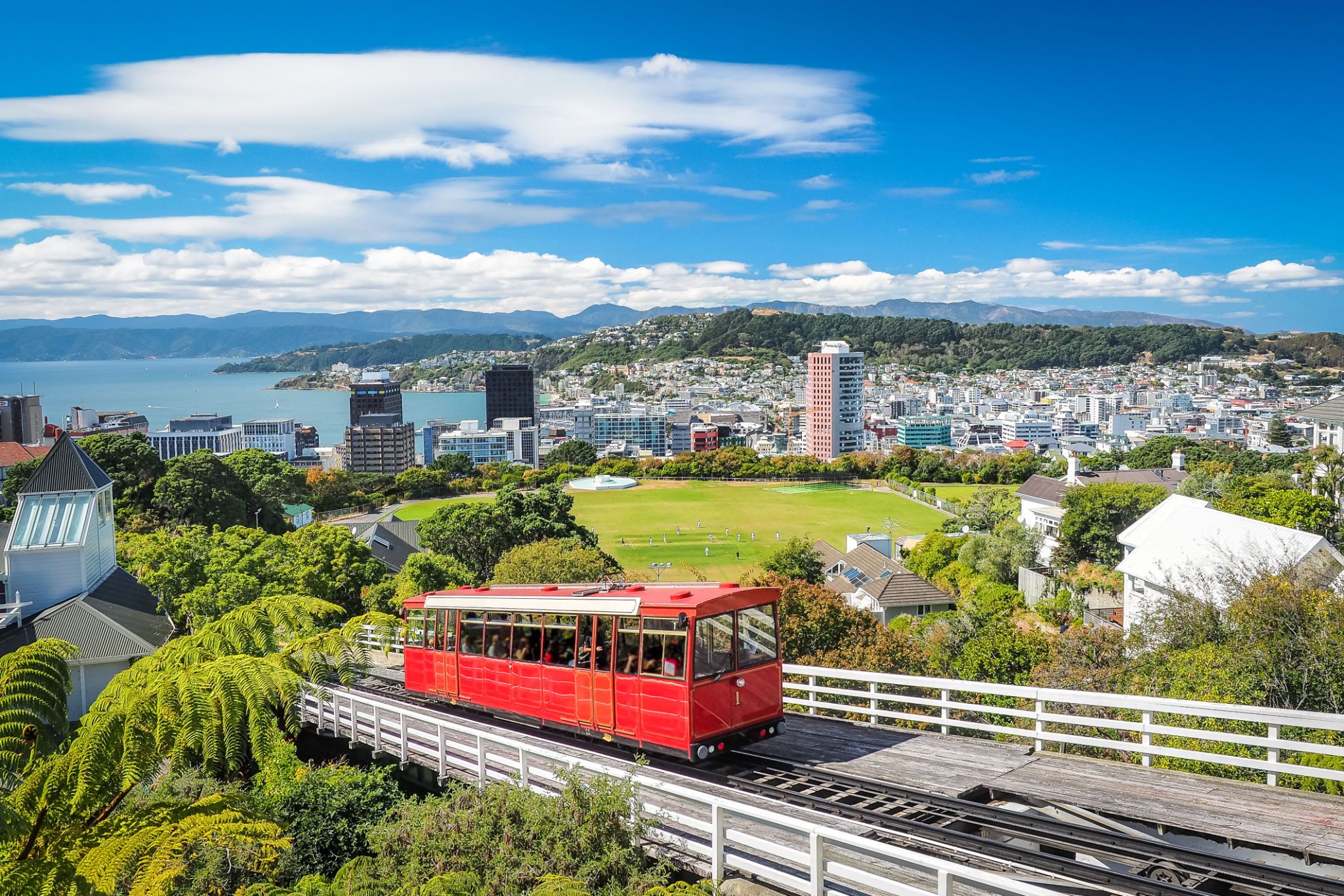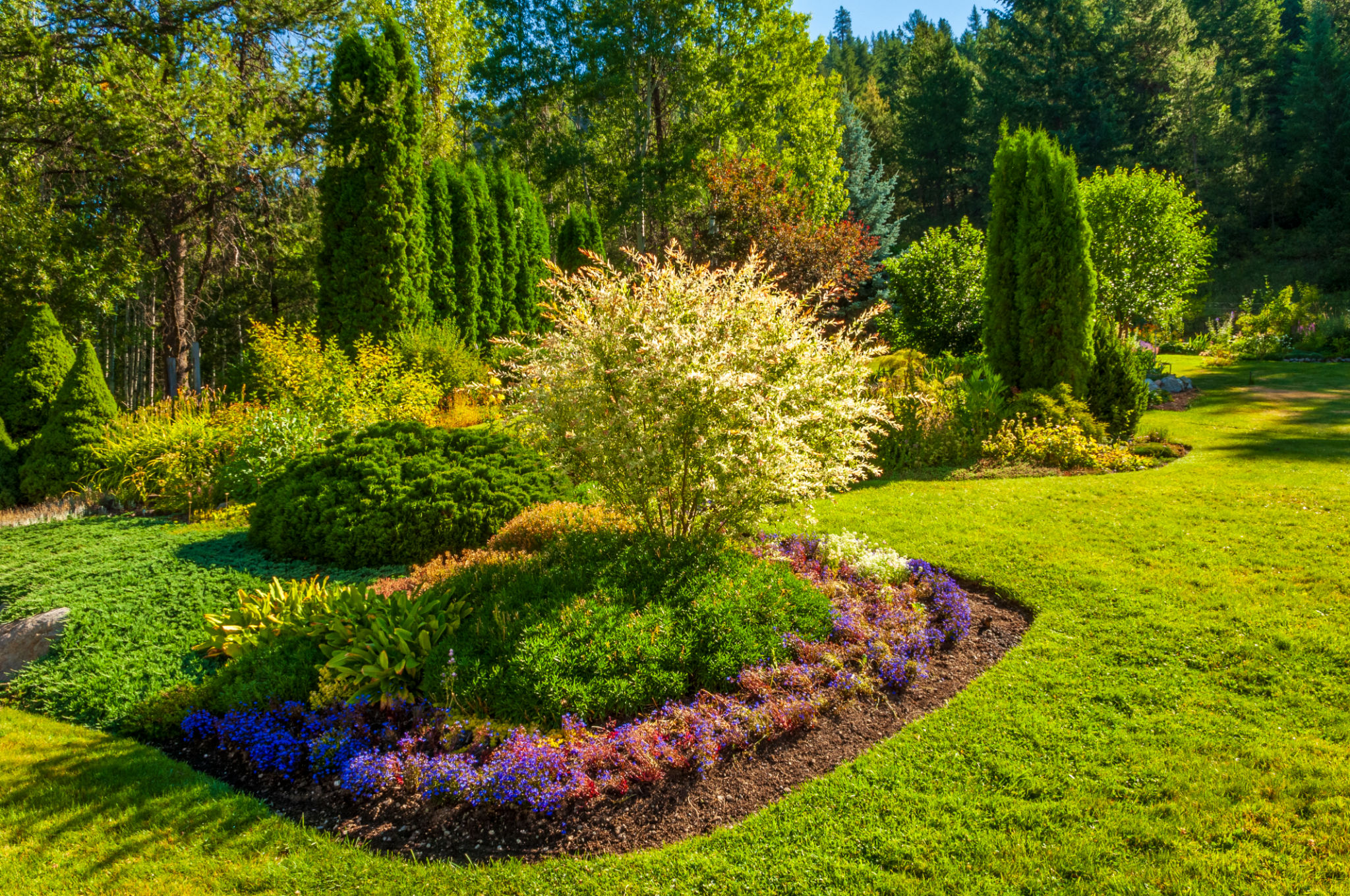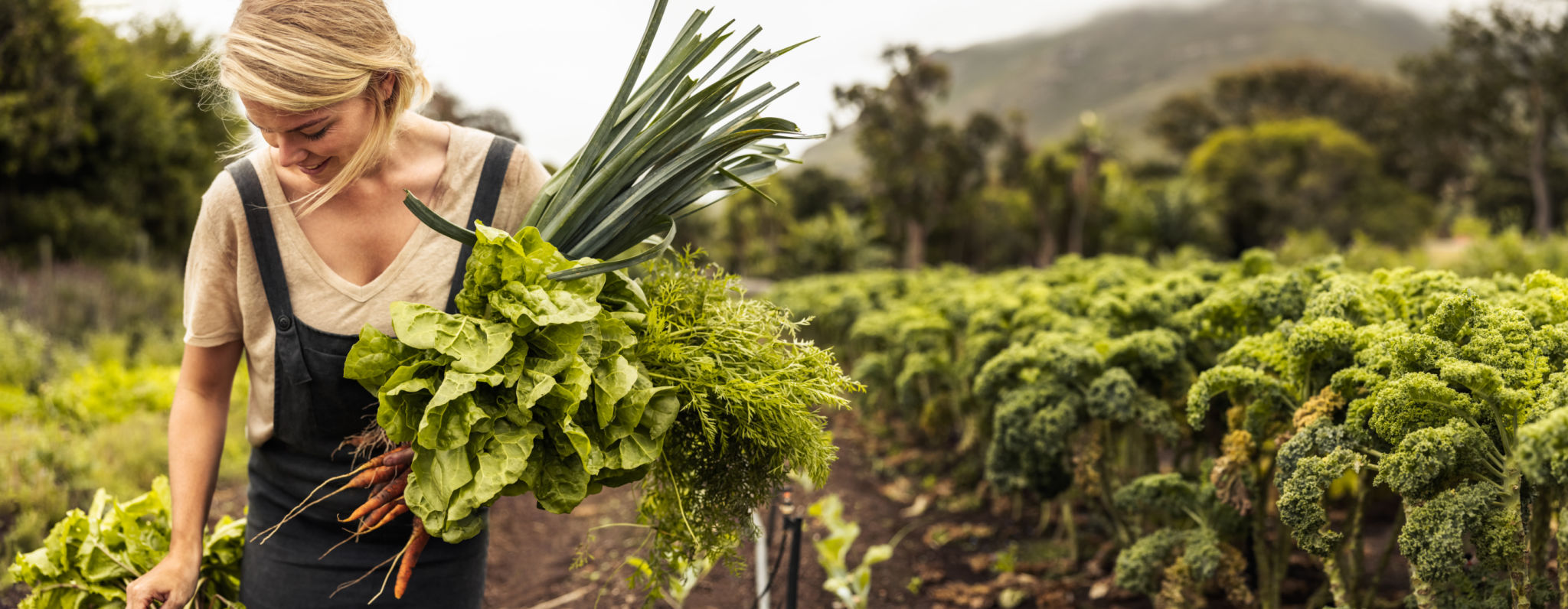The Ultimate Guide to Landscaping in Wellington: Transforming Your Outdoor Space
Understanding Wellington's Unique Landscape
Wellington, known for its stunning natural beauty, presents a unique set of challenges and opportunities for landscapers. Nestled between hills and the sea, its diverse topography and climate conditions require thoughtful planning and creativity. Understanding local soil types, weather patterns, and native flora is crucial for creating a sustainable and beautiful outdoor space.

Choosing the Right Plants
One of the most important aspects of landscaping in Wellington is selecting the right plants. Native plants are often the best choice, as they are well-suited to the local climate and require less maintenance. Consider incorporating plants like hebes, flax, and cabbage trees, which thrive in Wellington's coastal environment. These choices not only ensure longevity but also help support local ecosystems.
When planning your garden, think about the seasonal changes and how different plants will add color and texture throughout the year. Mix perennials with evergreens to maintain visual interest and ensure your garden looks vibrant no matter the season.
Designing for Wind and Weather
Wellington is known for its windy conditions, which can pose challenges for outdoor spaces. When designing your landscape, consider installing windbreaks such as hedges or fences to protect more delicate plants. Additionally, choose sturdy plant species that can withstand strong gusts. Strategic placement of trees and shrubs can also help shield your property from prevailing winds.

It's essential to plan for wet weather as well. Proper drainage solutions, such as permeable paving or rain gardens, can prevent waterlogging and ensure your garden remains healthy even during heavy rains.
Creating Functional Outdoor Areas
Beyond aesthetics, a well-planned landscape should offer functional spaces for relaxation and entertainment. Consider incorporating patios, decks, or pergolas to create inviting outdoor living areas. These spaces can serve as extensions of your indoor living areas, providing a perfect setting for family gatherings or quiet moments of reflection.
Lighting is another key component of functional outdoor spaces. Thoughtfully placed lighting can enhance safety and highlight key features of your garden. Opt for solar-powered lights for an eco-friendly option that reduces energy consumption.

Maintaining Your Landscape
Once your landscape design is complete, maintenance becomes crucial to keep it looking its best. Regular tasks such as pruning, weeding, and mulching can help maintain plant health and aesthetics. Consider creating a maintenance schedule to ensure these tasks are performed consistently.
For those who prefer a low-maintenance approach, selecting hardy plants and installing automated irrigation systems can reduce the time and effort required to keep your garden thriving.
Sustainable Landscaping Practices
Sustainability is an important consideration in modern landscaping. In Wellington, where environmental consciousness is highly valued, adopting sustainable practices can make your landscaping project more eco-friendly. Composting, using organic fertilizers, and harvesting rainwater are excellent ways to reduce your environmental footprint.

Additionally, integrating edible plants like herbs and vegetables into your landscape can provide fresh produce while enhancing the beauty of your outdoor space. This practice supports local wildlife and encourages biodiversity in your garden.
Conclusion
Transforming your outdoor space in Wellington requires careful planning and consideration of local conditions. By choosing the right plants, designing for wind and weather, creating functional areas, maintaining your landscape, and adopting sustainable practices, you can create a beautiful and enduring garden that enhances your property and enriches your life.